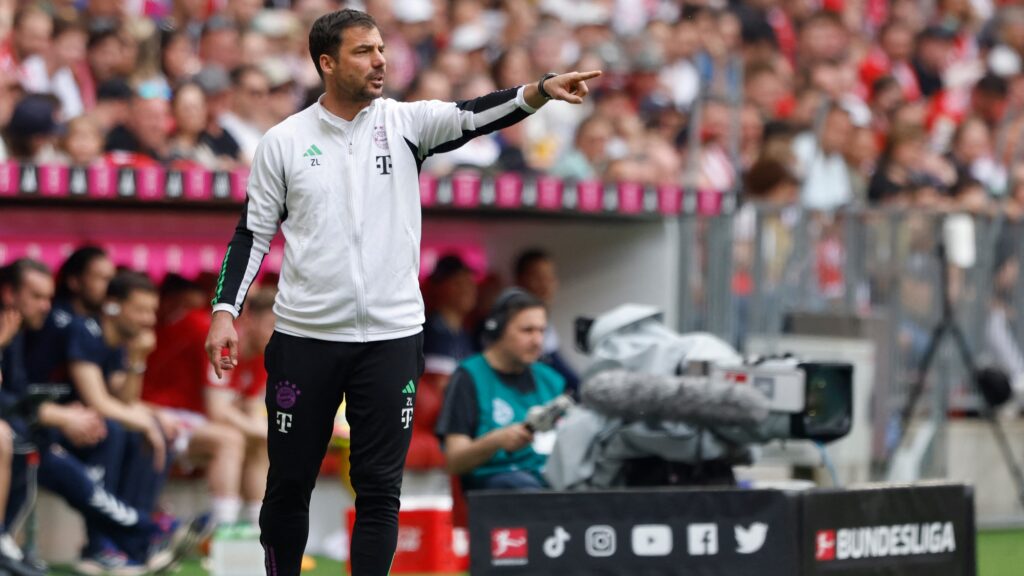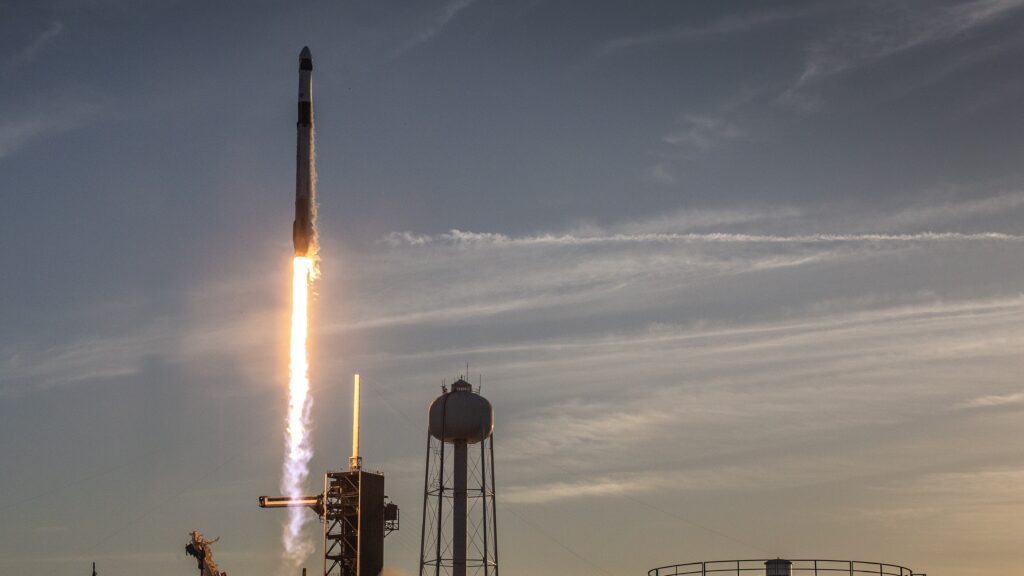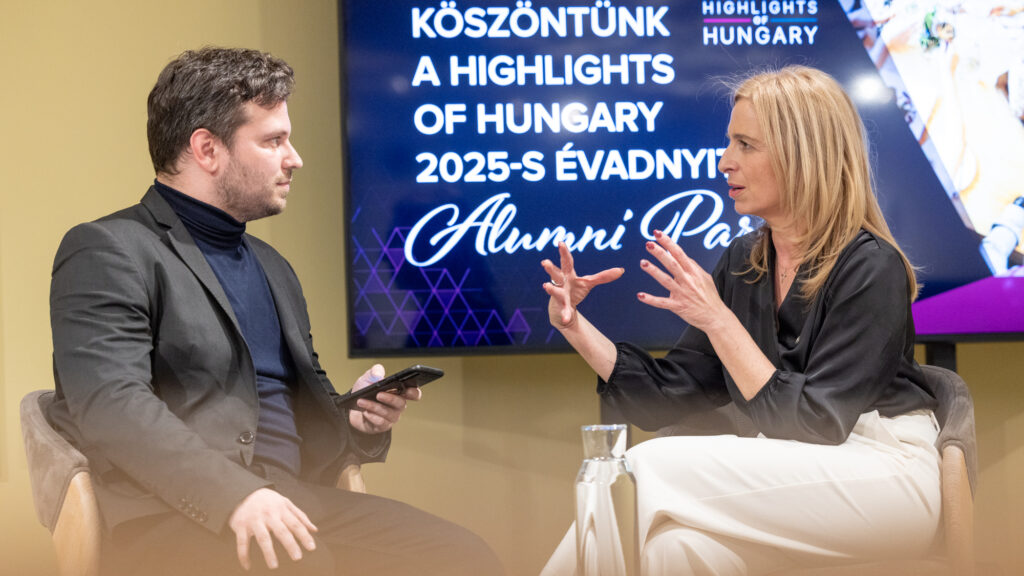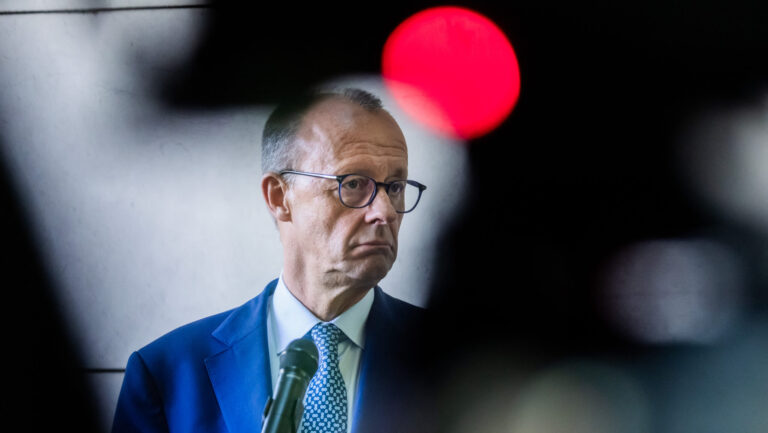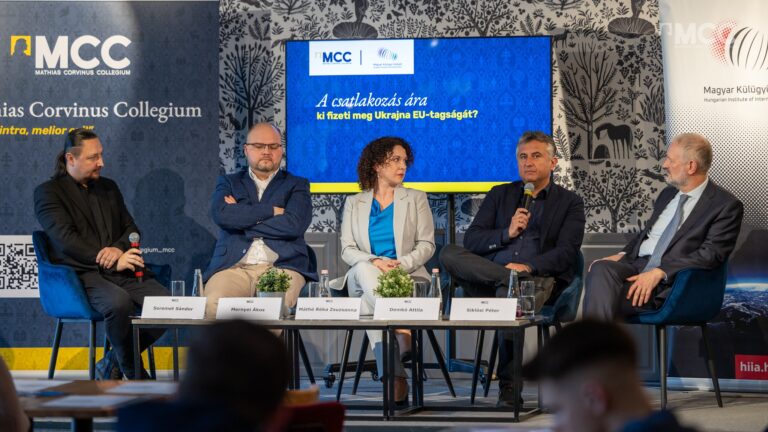On 26 September 2021 federal elections will be held in Germany and their result cannot be interpreted only in a domestic, political context. Considering the country’s leading political and economic role in the European Union, the outcome of the elections will certainly have an impact on the next several years of the bloc, too. But 26 September will also be marked as an end of an era for Germany and Europe as well: Angela Merkel, after sixteen years of being a Chancellor, is going to retire from active politicization. German-Hungarian economic relations developed dynamically during the ‘Merkel era’ despite the fact that on the political level, the relationship was not free from disputes.
Hungary’s Role in the Supply Chain of the German Industry
As Central Eastern European country with a small, but open economy Hungary had to be aware of its own limitations and opportunities after the regime change in 1989. With these attributes the opportunity for a significant economic growth was to find its place in the European and global value and production chain and become a main exporter. This endeavor met the intentions of the German industry looking for markets and cheap but skilled labor to expand and diversify its own capacity. German FDI has started to flow to the country right after the fall of the Iron Curtain, but after 2005, in the beginning of the ‘Merkel era’, the economic and trade relations between the two countries could develop more dynamically and Hungary became a main target country of German investors.
After 2010, by the newly elected government and its so-called foreign direct investment driven industrial development model gave a boost again to the bilateral economic and trade relations between Hungary and Germany.[i] The Fidesz-KDNP government aimed to create a favourable legal, economic and infrastructural environment for investors and FDI. According to this approach, Hungary has signed partnership agreements with numerous German investors and their Hungarian subsidiaries in the last 10 years. (e.g. Daimler AG, Audi, Bosch, Continental AG, Deutsche Telekom, Knorr-Bremse, and Henkel)[ii]
Hungary became not just an assembly plant, but a significant part of the German (automotive) industry
by becoming a home of subsidiaries of such brands as Opel, Audi, Mercedes and BMW. Since 2013 cars and vehicle parts give the highest percentage of Hungary’s total import (11 per cent in 2013; 15.7 per cent in 2019) which also indicates the predominance of the automotive industry in the country thanks to the German investments.[iii]Automotive industry alone gave 6 per cent of the Hungarian GDP in 2018. Today there are more than 6,000 German-owned companies in Hungary employing approximately 300,000 people. In 2019—before the pandemic made its negative effect—Germany’s share of Hungary’s overall export was 26.9 per cent, while imports reached 25.2 per cent in the same year. However, Hungary’s share from Germany’s export and import is not nearly as high as inversely. The relationship, evolved in the last decades between the two countries, can certainly be described as interdependent.
Merkel’s Realpolitik
Angela Merkel’s sixteen years in office has evidently had a positive effect on the development of the relations between Hungary and Germany thanks to—inter alia—the Chancellor’s approach towards foreign policy and trade. This approach can be described with one word: ‘realpolitik’
Realpolitik as a way of politicization based on practical, pragmatical decisions rather than moral or ideological considerations was one of Merkel’s signatures. This approach made it possible that in case of any political dissimilarity or disagreements—there were not many otherwise—between Hungary and Germany in the last sixteen years, economic and trade relations could still grow continually and dynamically. Such tension as the debate over the refugee crisis in 2015 and its solutions, which could be considered the greatest dispute between the two countries since the change of regime, could not halt these relations.
Although the ‘Merkel era’ will come to the end, as the Chancellor will step down from her office and leave active politicization after the federal elections, the dynamic development of economic relations between the two countries will not slowing down necessarily. Although changes may occur on the political level, with a realpolitik approach, economic and trading relations can possibly preserve their slow-developing phase—whoever wins the elections in September.
This article is a shortened version of the author’s analysis entitled ‘Hungarian-German relations in the “Merkel era”’ available at https://danubeinstitute.hu/en/geopolitics
[i] LUX, Gábor: The foreign direct investment driven industrial development model and its limits in Central Europe In: Tér és Társadalom, 2017
http://real.mtak.hu/64411/1/LuxG_2017_TET_A%20k%C3%BClf%C3%B6ldi%20m%C5%B1k%C3%B6d%C5%91t%C5%91ke%20%C3%A1ltal%20vez%C3%A9relt%20iparfejl%C5%91d%C3%A9si%20modell.pdf(2021.08.31.)
[ii] Magyar-német gazdasági kapcsolatok In: Magyarország Nagykövetsége Berlin
https://berlin.mfa.gov.hu/page/nemet-magyar-gazdasagi-kapcsolatok (2021.08.31.)
[iii] Hungary: Yearly Exports In: OEC
https://oec.world/en/profile/country/hun?yearSelector1=exportGrowthYear25 (2021.08.31.)


